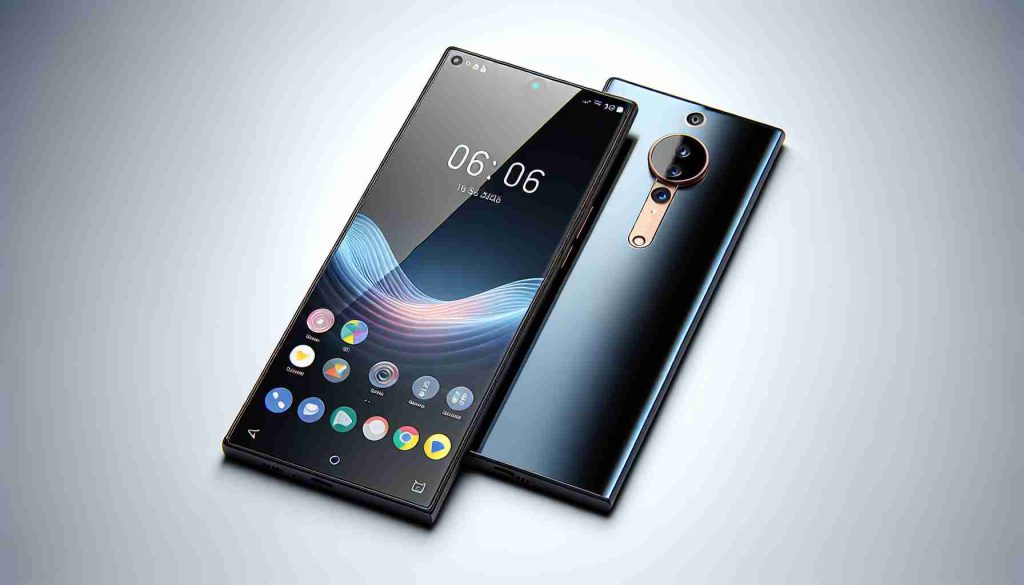Wearable technology is evolving at a rapid pace, with devices becoming more integrated into our daily lives. While smart glasses have been a notable innovation, the future looks towards even more advanced forms of wearable tech.
One exciting development is the concept of AI-powered earbuds that not only provide audio feedback but also capture images and videos from the user’s perspective. These earbuds, equipped with cameras, offer a seamless augmented reality experience that bridges the gap between visual and auditory interactions.
Unlike traditional smart glasses, which may still face challenges in mass production and cost efficiency, these AI earbuds offer a lighter alternative, weighing only around 50g. Users can enjoy a truly immersive experience, where what they see is directly translated into actionable information, making AI interactions feel more natural and intuitive.
As technology continues to advance, the integration of AI with wearable devices opens up new possibilities for enhancing human-computer interactions. Whether it’s through visual aids or auditory prompts, the future of wearable technology is set to revolutionize how we engage with the digital world.
Exploring the Future of Wearable Technology: Beyond Smart Glasses
In the realm of wearable technology, the landscape is constantly evolving, giving rise to innovative devices that not only enhance our daily lives but also push the boundaries of what is possible. While smart glasses have been a significant breakthrough in this field, there are other exciting developments on the horizon that promise a new era of wearable tech advances.
What are Some Overlooked Devices in the Field of Wearable Technology?
One lesser-known but promising area of development is smart clothing embedded with sensors that can monitor various aspects of the wearer’s health and performance. From heart rate monitoring to tracking body temperature, these smart textiles offer a seamless and unobtrusive way to gather real-time data, providing valuable insights for both health and sports applications.
What are the Key Challenges and Controversies Associated with Wearable Technology Beyond Smart Glasses?
One of the primary challenges facing wearable technology beyond smart glasses is the issue of data privacy and security. With devices collecting an increasing amount of personal data, there are concerns about how this information is stored, accessed, and shared. Ensuring robust data protection measures will be crucial to gaining user trust and acceptance of these advanced wearables.
Advantages and Disadvantages of AI-Powered Wearable Devices
The integration of artificial intelligence (AI) into wearable devices offers a host of advantages, including personalized experiences, enhanced functionality, and improved decision-making capabilities. AI-powered wearables can adapt to user preferences, learn from interactions, and provide valuable insights based on data analysis. However, this advanced technology also raises concerns about dependency, ethical implications, and potentially displacing human skills in certain tasks.
In conclusion, the future of wearable technology holds immense potential for revolutionizing how we interact with the digital world. From AI-powered earbuds to smart clothing, these innovative devices are reshaping the landscape of wearable tech and opening up new possibilities for enhancing human-computer interactions.
For further exploration of the latest trends and developments in wearable technology, visit Wearable Technologies.























